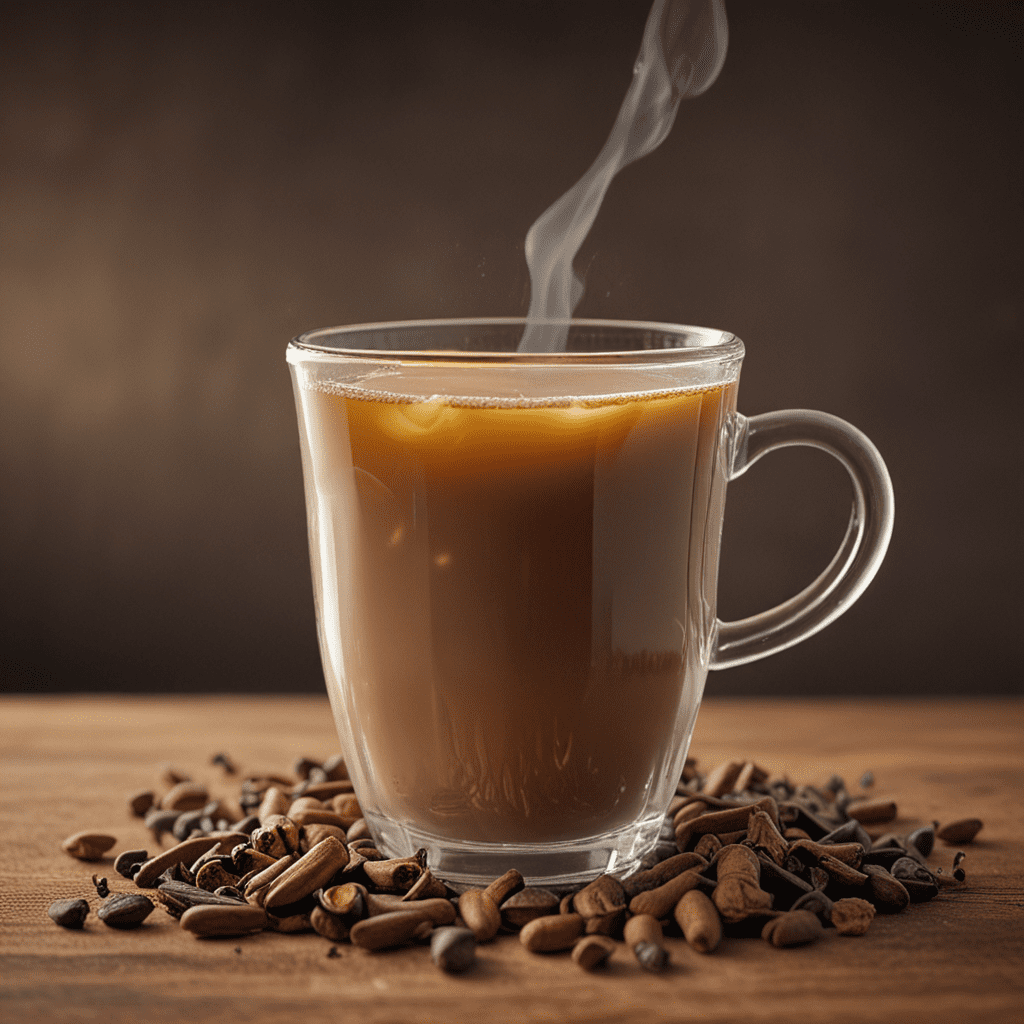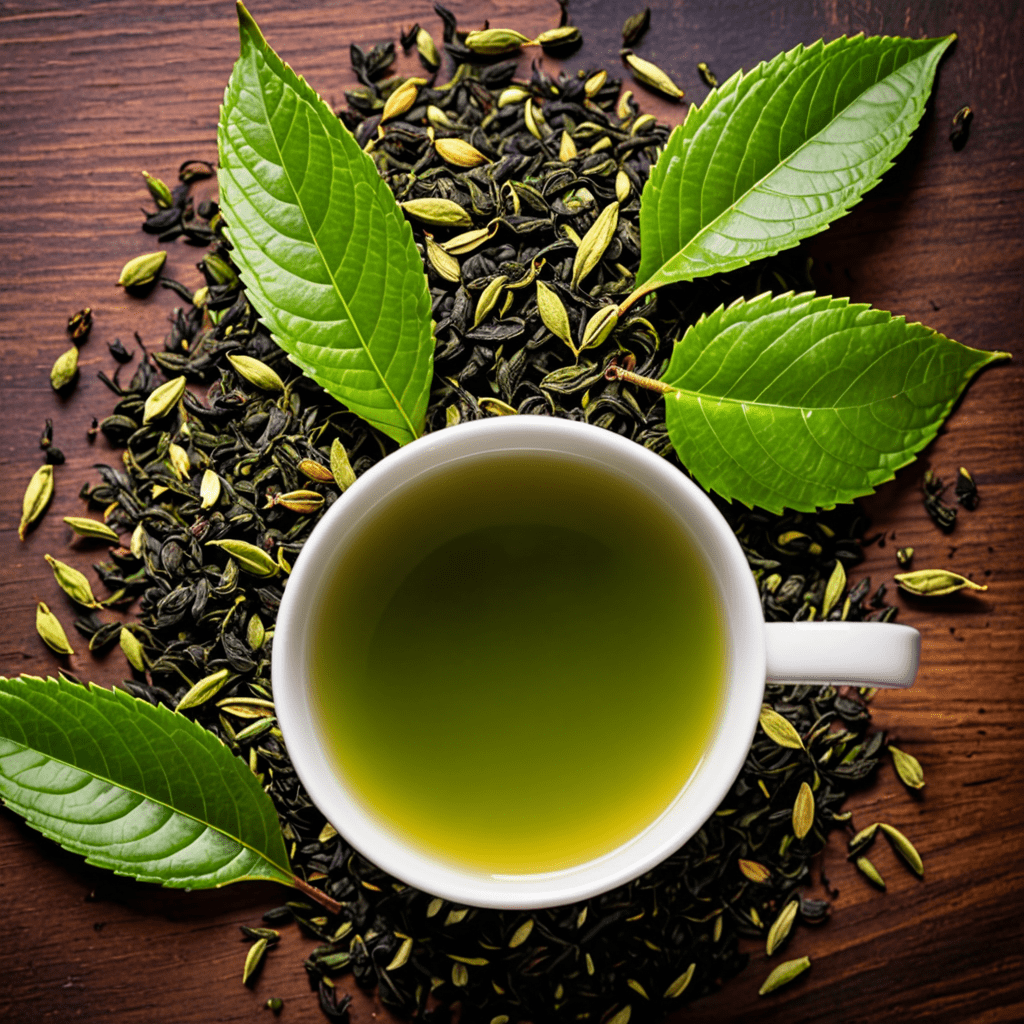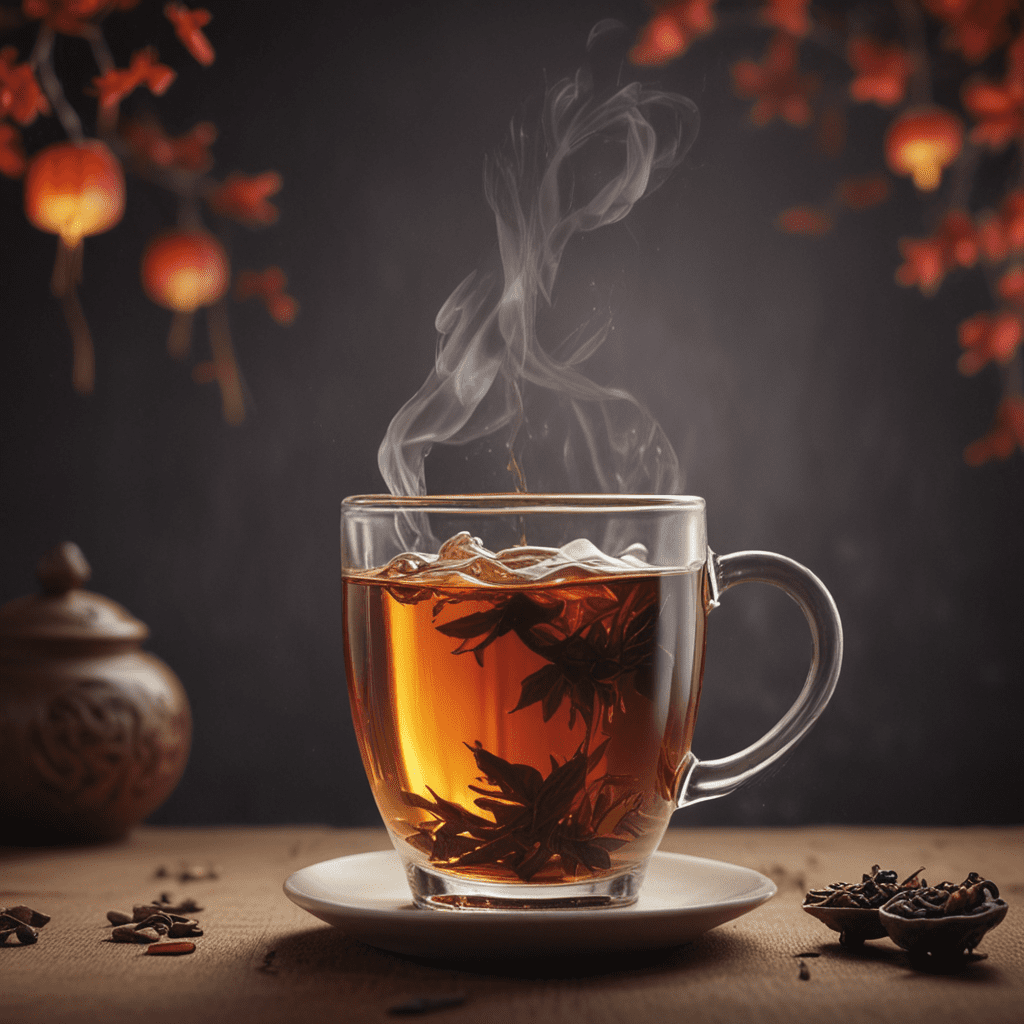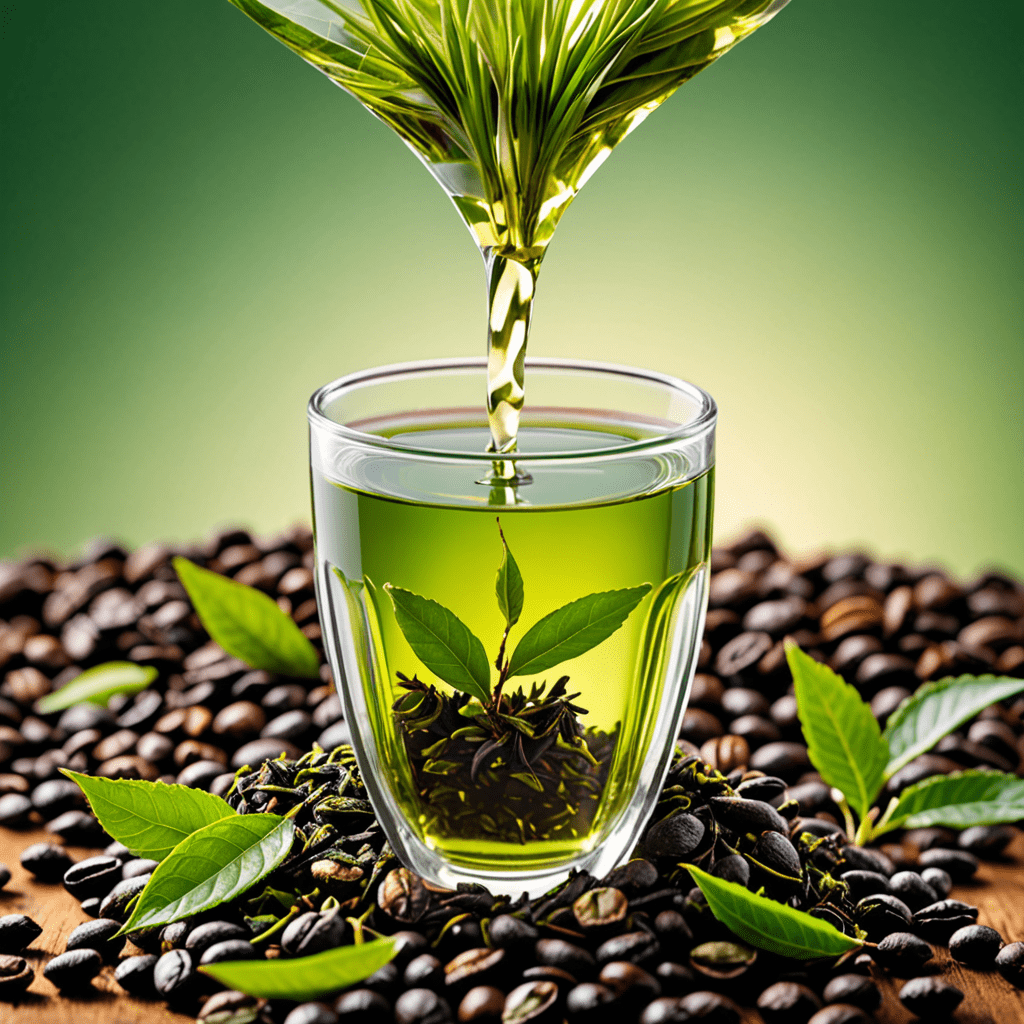
Introduction: Chai Tea's Alluring Aroma and Comforting Presence
Chai tea, a fragrant and flavorful concoction, has captured the hearts of tea enthusiasts worldwide. Its aromatic warmth, alluring spice blend, and comforting presence have made it a beloved beverage for centuries. Originating from the vibrant streets of India, chai tea has embarked on a global journey, captivating taste buds and souls alike.
A Cultural Tapestry: The History and Origins of Chai Tea
The origins of chai tea can be traced back to ancient India, where it was known as masala chai. This aromatic blend of black tea, spices, and herbs has been an integral part of Indian culture for generations. The word "chai" itself means "tea" in Hindi, highlighting the beverage's deep-rooted significance in the region.
Chai Spices: Unveiling the Symphony of Flavors
Chai tea's distinctive flavor profile stems from a harmonious blend of spices. The most common spices include cinnamon, cardamom, ginger, black pepper, and cloves. Each spice contributes its own unique note to the symphony of flavors, creating a complex and alluring taste experience.
Brewing Perfection: Techniques for Crafting a Perfect Chai
Brewing chai tea is an art form that requires precision and attention to detail. Traditionally, chai is prepared by simmering black tea leaves with spices and milk in a pot. The tea is then strained and served hot, often with a touch of sweetener.
Varied Preparations: Chai's Diverse Journey Across Cultures
As chai tea traveled beyond India's borders, it encountered new cultures and influences, leading to diverse variations in its preparation. In some regions, chai is prepared with green tea or flavored with additional spices like nutmeg or star anise. In the West, chai lattes have become popular, blending chai tea with steamed milk for a creamy and frothy indulgence.
Health Benefits: The Healing Elixir of Chai Tea
Beyond its tantalizing taste, chai tea is renowned for its medicinal properties. The spices used in chai, such as ginger, cinnamon, and cardamom, possess potent antioxidant and anti-inflammatory qualities. Studies have linked chai tea consumption to improved digestion, reduced pain, and boosted immunity. Some also believe that chai tea can help alleviate stress and anxiety.
Chai in Everyday Rituals: Moments of Comfort and Connection
Chai tea has woven itself into the fabric of everyday life in many cultures. In India, it is a staple morning beverage, often enjoyed with breakfast or as an afternoon pick-me-up. In the West, chai tea has become a cozy companion, sipped by the fireside or shared during social gatherings. Its comforting warmth and soothing aroma create a sense of tranquility and connection.
Chai-Infused Delights: Culinary Creations Inspired by Chai
The allure of chai tea extends beyond the cup. Chefs have ingeniously incorporated chai spices into various culinary creations, ranging from sweet treats to savory dishes. Chai-infused cookies, cakes, and ice cream offer a tantalizing blend of flavors. Chai rubs and marinades lend an exotic touch to chicken, fish, and vegetables.
Chai Tea and Mindfulness: Moments of Reflection and Gratitude
Chai tea invites moments of mindfulness and gratitude. Its rich aroma and soothing warmth encourage individuals to pause, reflect, and appreciate the present moment. Whether sipping chai in solitude or sharing it with loved ones, it fosters a sense of gratitude for the simple pleasures of life.
Conclusion: Chai Tea’s Timeless Appeal and Enduring Embrace
Chai tea has captured hearts and taste buds around the globe, its timeless appeal transcending cultures and generations. Its aromatic warmth, symphony of spices, and comforting presence have made it a beloved beverage that continues to enrich and inspire. From its humble origins in India to its global journey, chai tea remains an enduring symbol of connection, comfort, and mindful living.
FAQ
1. What is the caffeine content of chai tea?
The caffeine content of chai tea varies depending on the type of black tea used and the brewing method. However, it is generally lower than that of regular black tea.
2. Can I make chai tea without milk?
Yes, you can make chai tea without milk. Simply substitute milk with water or a plant-based milk alternative such as almond milk or oat milk.
3. How long can I store chai tea?
Brewed chai tea can be stored in the refrigerator for up to 3 days. However, it is best enjoyed fresh.
4. What are some variations of chai tea?
There are many variations of chai tea, including green chai, which uses green tea instead of black tea, and masala chai, which contains a blend of spices that may include cardamom, cinnamon, and ginger.
5. What are the health benefits of chai tea?
Chai tea may offer several health benefits, including improved digestion, reduced inflammation, and boosted immunity. It is also believed to have calming and stress-reducing effects.


